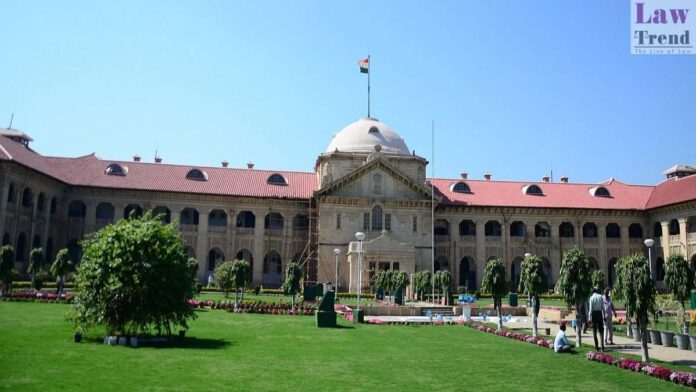In a landmark judgment addressing procedural lapses in criminal proceedings, the Allahabad High Court quashed the cognizance and subsequent proceedings in Jagat Singh vs. State of U.P. and Another (Neutral Citation No. – 2024:AHC:175907). The Court, presided by Justice Saurabh Srivastava, underscored that fundamental flaws in an FIR, such as the absence of specific dates
To Read More Please Subscribe to VIP Membership for Unlimited Access to All the Articles, Download Available Copies of Judgments/Order, Acess to Central/State Bare Acts, Advertisement Free Content, Access to More than 4000 Legal Drafts( Readymade Editable Formats of Suits, Petitions, Writs, Legal Notices, Divorce Petitions, 138 Notices, Bail Applications etc.) in Hindi and English.




